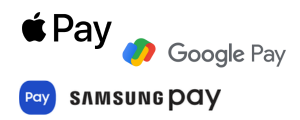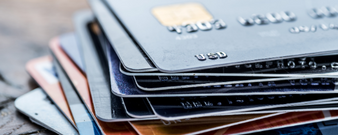Never Ask

The below content is meant to be informational and not used as financial advice.
Scammers are getting scary good at impersonating financial institutions (spoofing). They send text messages (smishing) and emails (phishing) pretending to be your credit union or bank to get you to click on links and enter your digital banking credentials or account information.
Spoofed phone calls though, are getting even harder to spot. Watch this news report about a nurse who lost her life savings because she received a call from what she thought was her bank – the caller ID said it was from her bank, and the phone number matched one listed for them as well.
With these scam attempts changing all the time and getting even harder to spot, you need to know (and remember!) what your credit union or bank will never ask of you.
We will NEVER ask for personal information such as:
• Your account number
• Your username or password
• Your Social Security number
• Your PIN
• Your address
• Your birthday
Why? Your financial institution has that information on file. We WILL ask for some of that information when YOU call US – so we can verify it is truly you on the phone before we access your account. But we will never call, email or text you requesting it.
We will NEVER contact you and ask you to:
• Click on a link or type a URL into your browser
• Transfer money into a different account
• Withdraw money for any purpose
• Purchase gift cards
• Give us a code that you receive in a text or email
• Download an attachment
• Call us back at a different number
The only exception to some of these ‘rules’ may be a fraud alert (phone or text) but those notifications are ONLY asking you to confirm or deny making an unusual transaction. They will not ask for any information, ask you to click a link or call back with a code.
You also may receive documents through DocuSign in order to complete opening an account or a loan application. But, we will tell you they are being sent to your email. You can feel safe opening that attachment because you are EXPECTING it.
If you receive any of these or other suspicious requests from your ‘credit union’ or ‘bank’, contact them directly. Call the number on the back of your card, on your statement or from their website. DO NOT call the number that called you or a number you received in a the text. When in doubt, reach out!
Watch this video about text scams impersonating financial institutions.
Take this quiz from the American Bankers Association to practice.


